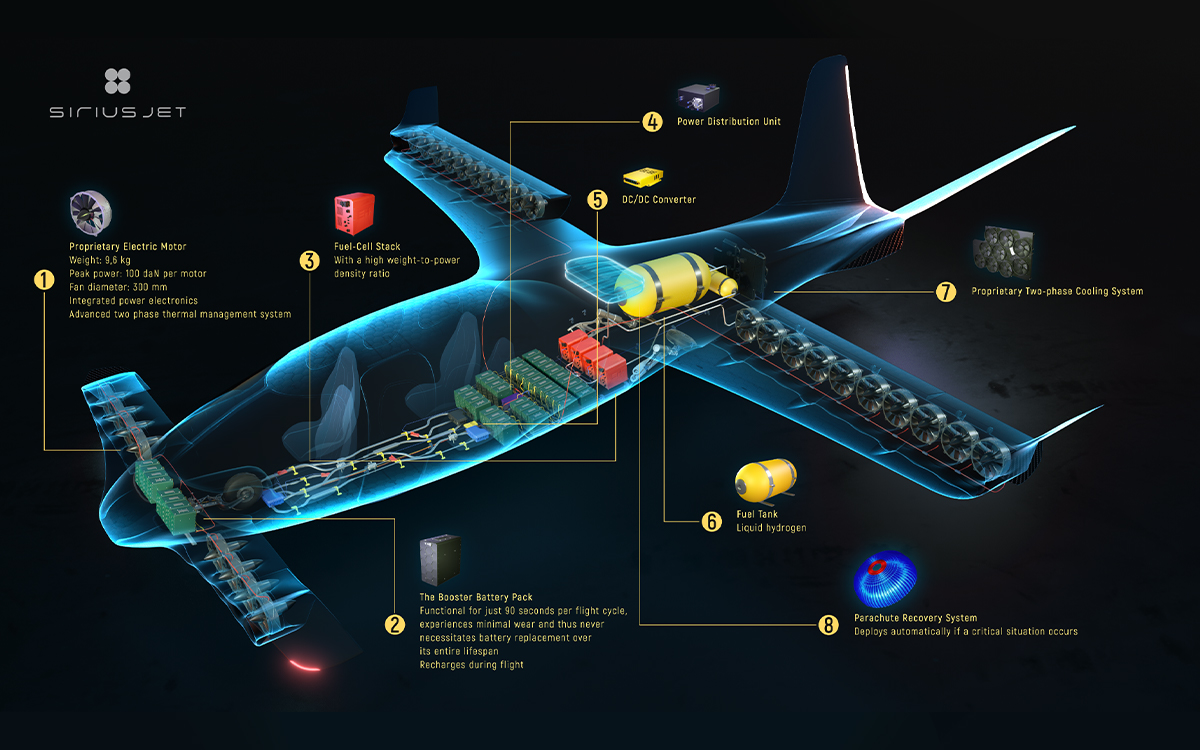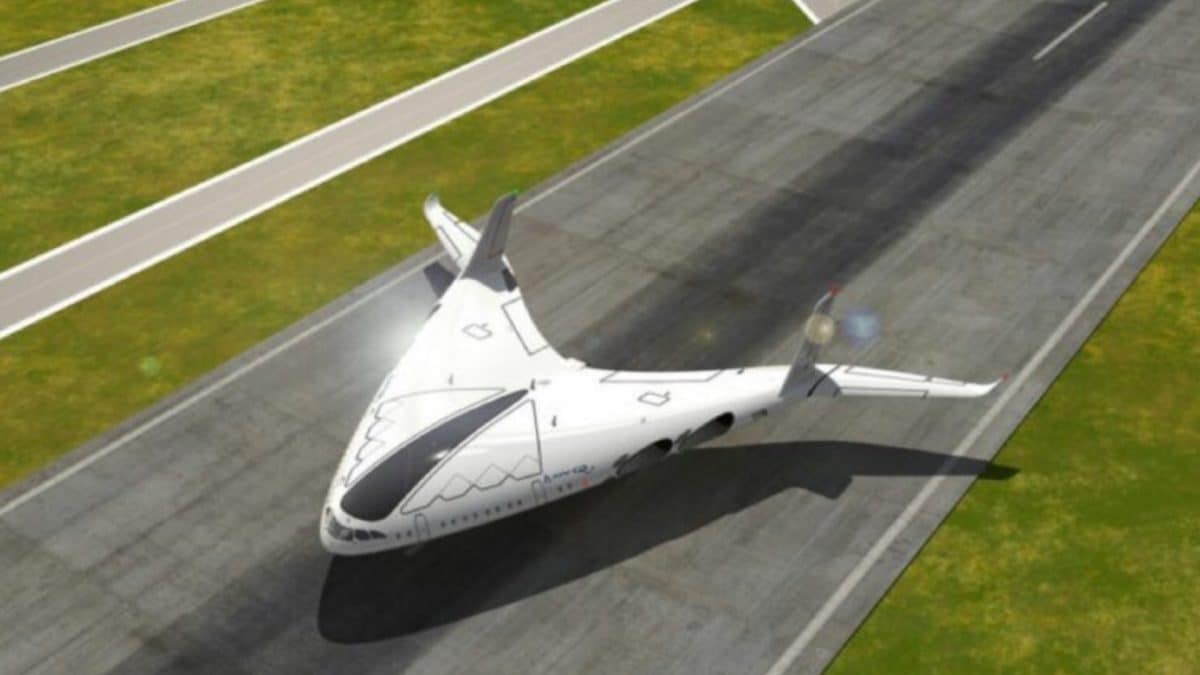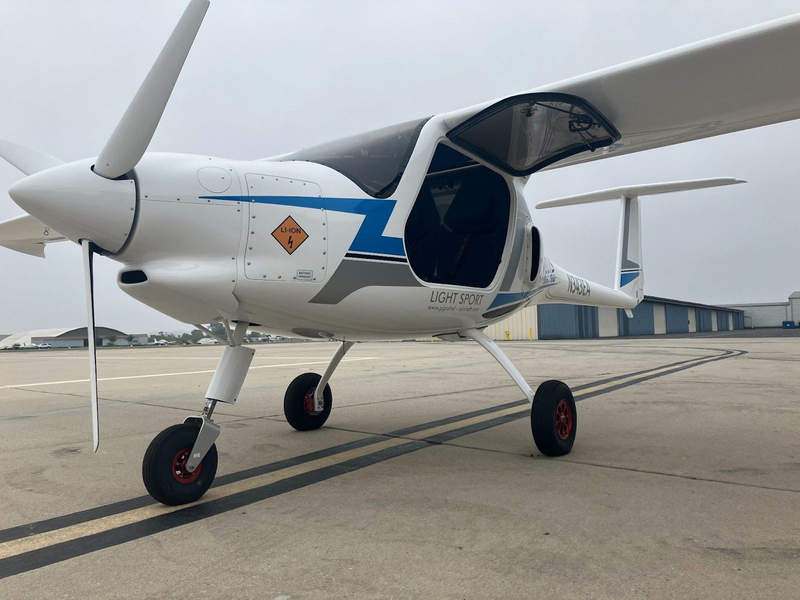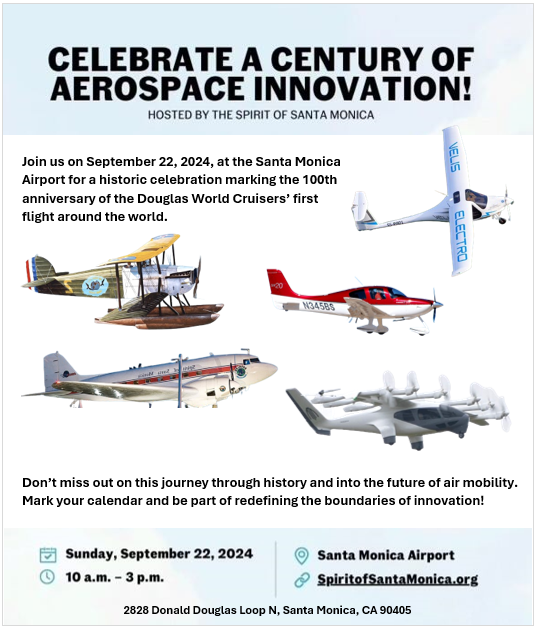
The promise of a sustainable aviation future is coming to fruition with Sirius Aviation AG’s new liquid hydrogen eVTOL. Offering impressive autonomy, this Swiss project could redefine air travel.
The future of aviation is moving towards hydrogen as an ecological alternative to fossil fuels. Airbus, a pioneer in this field, announced the development of commercial hydrogen aircraft planned for 2035. At the same time, Rolls-Royce and EasyJet took a new step with the first hydrogen aircraft engine, paving the way for more ecological and efficient flights.
Aviation innovation doesn’t stop there, with manufacturers replacing conventional jet engines by electric motors. This is the case of a plane equipped with 3600 kg of batteries, proving the effectiveness of electricity. In this context where the entire aeronautical sector is looking for solutions to reduce its carbon footprint, Sirius Aviation AG launches the Sirius Jet, based on an astonishing system, offering better efficiency and increased autonomy.
The future of aviation is moving towards hydrogen as an ecological alternative to fossil fuels. Airbus, a pioneer in this field, announced the development of commercial hydrogen aircraft planned for 2035. At the same time, Rolls-Royce and EasyJet took a new step with the first hydrogen aircraft engine, paving the way for more ecological and efficient flights.
Aviation innovation doesn’t stop there, with manufacturers replacing conventional jet engines by electric motors. This is the case of a plane equipped with 3600 kg of batteries, proving the effectiveness of electricity. In this context where the entire aeronautical sector is looking for solutions to reduce its carbon footprint, Sirius Aviation AG launches the Sirius Jet, based on an astonishing system, offering better efficiency and increased autonomy.













